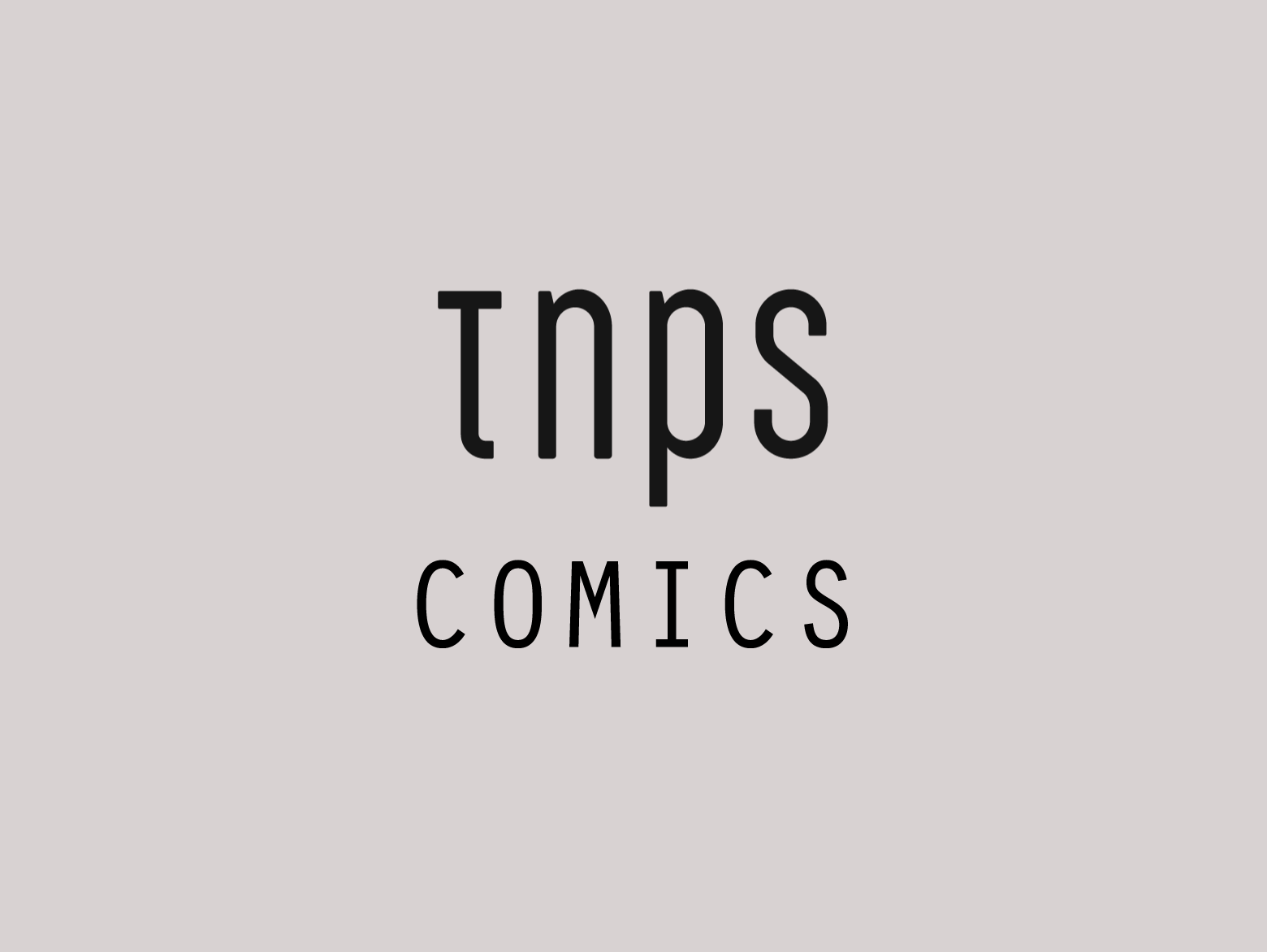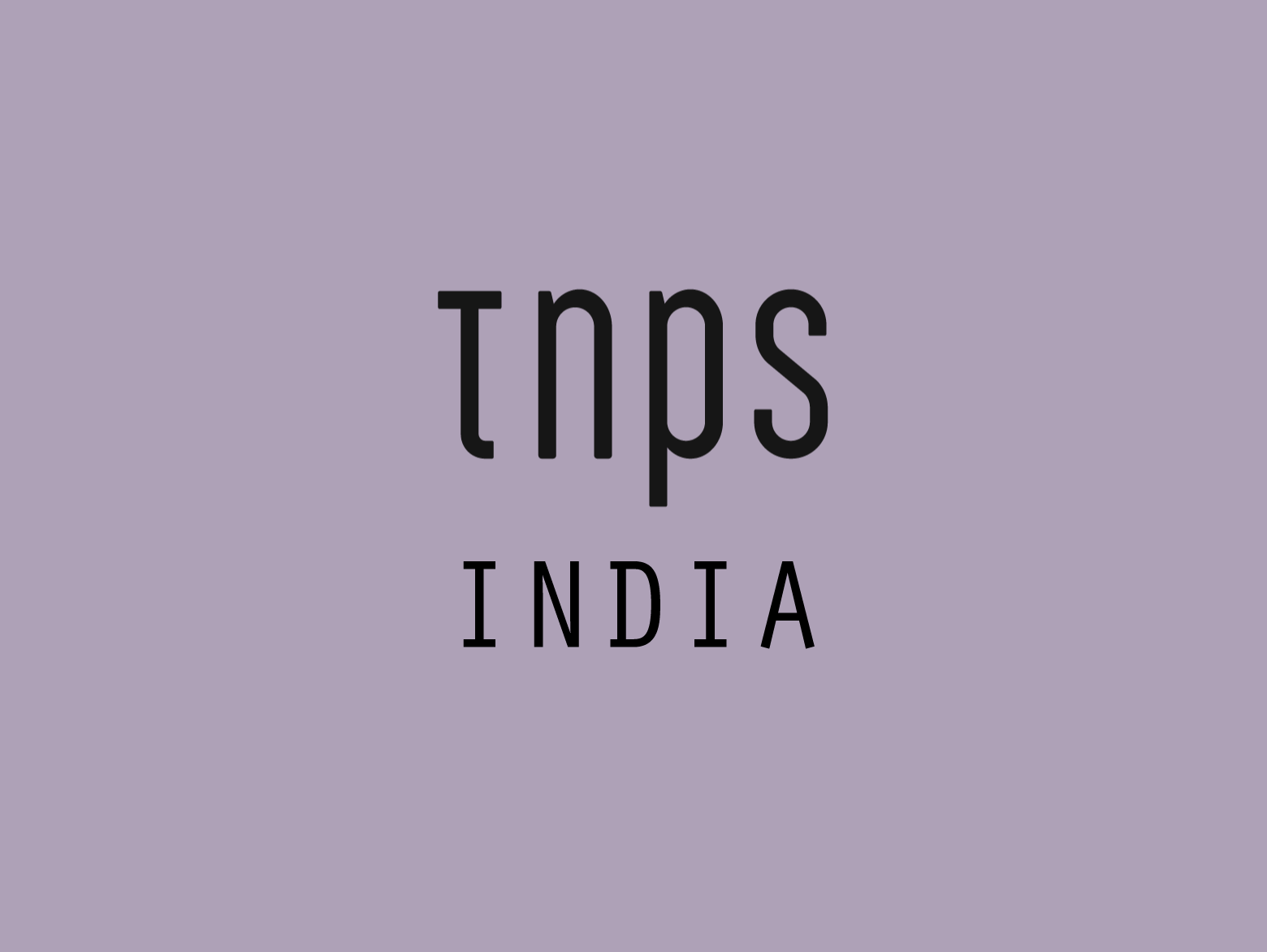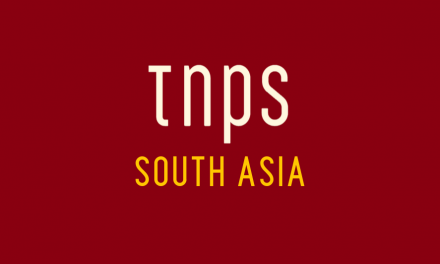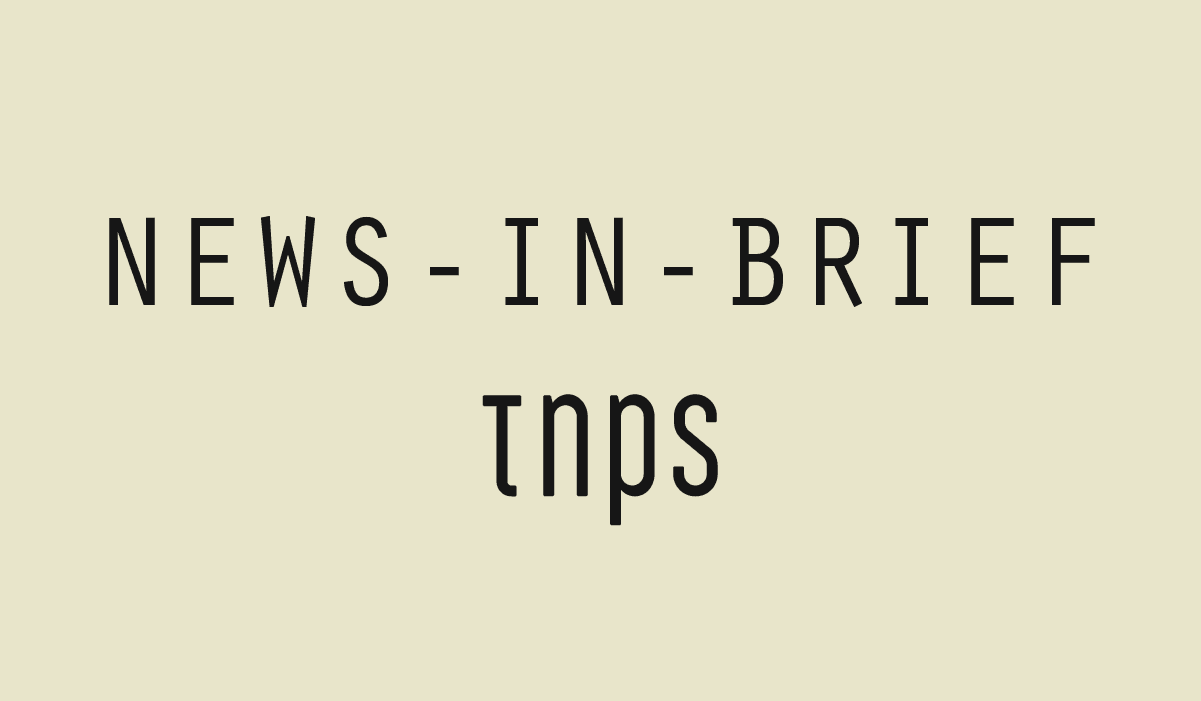POD is an exciting prospect for the global book markets and will come into its own in this coming decade, with Sweden perhaps most likely to lead the fray.
The press release from Germany-based Bookwire this week tells us very little about the acquisition of Brazil’s POD service Bok2, but is just the latest example of a shift in the status of online sales in the global markets that publishers should be studying carefully.
Around the world print is, with the exception perhaps of Sweden, still the preferred format of booklovers, or so we are told.
And for now at least the evidence is credible, although Sweden, outlier as it is, shows us an alternative universe where digital books – in this case primarily audio – have usurped print’s crown.
Note I say the evidence is credible, not incontrovertible, and an examination of Sweden’s book market evolution shows us why.
In Sweden ebooks have never really taken off. How much that is down to organic consumer preference is arguable. The main argument being publishers never really invested in ebooks as a consumer option, perhaps in part because the biggest western ebook player, Amazon, never gave the Swedish book market a chance (a truism that held even after Amazon finally launched in Sweden in 2020).
The reality is that had Jonas Tellander and Jon Hauksson not founded Storytel in 2006 then print would still be the undisputed king of reading formats in Sweden today.
Instead audiobooks quickly became a meaningful alternative to print thanks to the unlimited consumption model, with Swedish publishers embraced the option rather than fighting it.
In the mature western book markets publishers were slow to embrace audiobooks, and still today do so hesitantly (the trade journals’ excitement about audio’s impressive percentage growth is tempered by the reality that audiobook consumption remains significantly behind ebook consumption, despite the loaded headlines intimating otherwise).
And this despite the rarely discussed but generally conceded fact that mainstream publishers kept ebooks prices artificially high to protect print.
The real ebook numbers are higher still, as explored here at TNPS most recently here:
The first year of the ongoing global pandemic (March 2020-21) saw ebook and audiobook consumption boom. No surprise there, of course.
But more surprising to many was the way print books held their own in the pandemic, despite bricks & mortar bookstores being locked down.
Online sales held the key, of course, but one of the unsung heroes of the online sales boom that kept publishers raking in the profits in Pandemic Y1 was the print on demand (POD) option led, in the US, UK and western Europe at least, by Amazon and Ingram.
POD of course exists elsewhere, notably in the Latin America markets, and that brings us to Bookwire’s acquisition of Brazil’s Bok2, which has been offering POD to publishers in Brazil since 2017.
POD in Brazil via Bookwire via Bok2 will be operational as from Q3, complimenting Bookwire’s POD operation cross the Spanish-speaking markets of Ibero-America.
The detail of the deal has not been disclosed and anyway is irrelevant to us here, where the bigger picture is the growing importance of print on demand in the global book markets.
Per discussion here at TNPS in April, POD is on a rising trajectory, boosted by the pandemic. As reported, veteran industry commentator and Ingram advocate Mike Shatzkin told us that in June 2020, at the height of the pandemic, Ingram’s Lightning Source, the POD arm for mainstream publishers (it has a separate arm, Lightning Spark, for indie authors) accounted for over half the New York Times paperback bestseller list in June 2020.
Per my commentary in the April post:
Two questions immediately spring to mind here.
First, just how many of the NYT-list publishers were using Ingram in the first place, and second, how many of these chart-toppers were in fact backlist titles that might not even be readily available in mainstream bookstores?
The latter point goes to the heart of the value of POD for publishers of every size, because however much we may love printed books on paper, they take up physical space that is in short supply in physical bookstores, and so most bookstores focus on frontlist bestsellers, and backlist stocks will be largely limited to perennial consumer favourites by big name author brands.
POD makes the backlist close to instantly accessible – just the time it takes to print and deliver the order – but only if publishers have in the first place put their books into the POD system.
POD is an exciting prospect for the global book markets and will come into its own in this coming decade, with Sweden perhaps most likely to lead the fray. Here digital (mainly audio) has already reduced print book market share to below 50%, and as the economics of traditional print runs revolve around high volume, so ever-smaller print runs will come ever closer to POD costs. Expect a shift to POD printing in Sweden in the near future.
For the emerging markets the potential of POD will be tempered by the delivery infrastructure, but even here there is room for massive growth. Any bookstore that can receive regular print deliveries can also receive POD deliveries.
As more and more consumers around the world turn to buying books online, so POD will come into its own.





